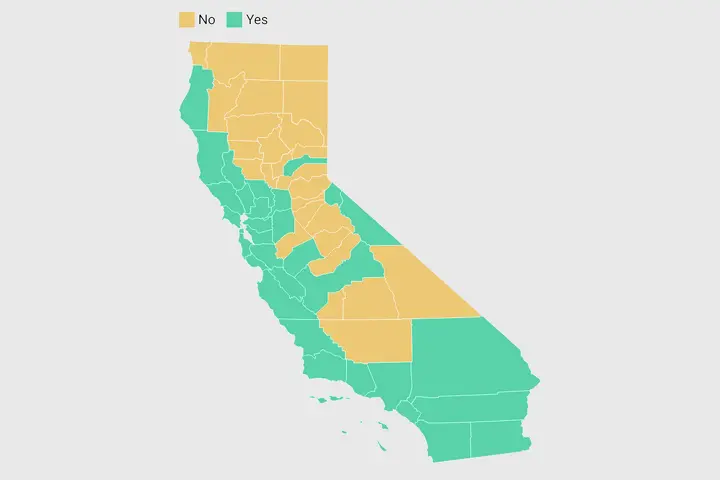Category: that’s too bad”
Terrorist thought it was a good idea to pick up a flashbang before it exploded and won the Darwin Award of the day during yesterday's insurrection. pic.twitter.com/cKE2iZxlwZ
— Kim "Katie" USA (@KimKatieUSA) January 26, 2026
FAFO: Minneapolis rioter loses part of her hand after reportedly trying to throw a flash bang back at federal Ice agents
 Paris canceled the iconic New Year’s Eve concert on the Champs-Élysées due to security threats by migrants. They won’t say it’s because of migrants, and they will never address the problem. They are at the point of no return.
Paris canceled the iconic New Year’s Eve concert on the Champs-Élysées due to security threats by migrants. They won’t say it’s because of migrants, and they will never address the problem. They are at the point of no return.
The Champs-Élysées has been Paris’s symbolic place for celebrations since the Liberation parade in 1944. This is the year it ends.
Now the French have to watch the fireworks on their televisions.
According to the Telegraph, one million people were expected to attend. The cancellation of the New Year’s Eve event comes after France bolstered security at Christmas markets over ‘a “very high” terror threat.
French Interior Minister Laurent Nunez ordered state officials to treat festive gatherings as high-risk targets and mobilize intelligence agencies accordingly.
Don’t think it hasn’t happened here. In four years, we had millions of people who came in unvetted and who wish us harm.
Some in law enforcement say we will face crimes and terror for generations to come because of what went on under the Democrats in the Biden administration.
The Spectator writes:
The New Year’s Eve concert on the Champs Élysées has been cancelled for security reasons. Paris was supposed to host its usual spectacle. A free open-air concert at the Arc de Triomphe, video projections on the monument and the midnight festivities that once drew close to a million people.
Instead, the concert has been scrapped. It will be replaced on national television with a prerecorded concert filmed weeks ago with a handpicked crowd to mimic a celebration Paris no longer believes it can safely host. A capital once famed for its public life now performs it under studio conditions.
It marks the collapse of what used to be one of the simplest pleasures of Parisian life. For decades, families and friends would spill out onto the streets on New Year’s Eve.
Families, couples carrying a bottle of champagne, tourists wrapped in scarves, all drifting towards the Champs Élysées to count down the final seconds of the year. It was spontaneous and cheerful, and open to everyone. That Paris no longer exists.
They brought in the monsters, and now they are a country of monsters. The French are conquered. They won’t even mention where the security threats are coming from when we all know it’s from migrants.
No more Gay Paris.
